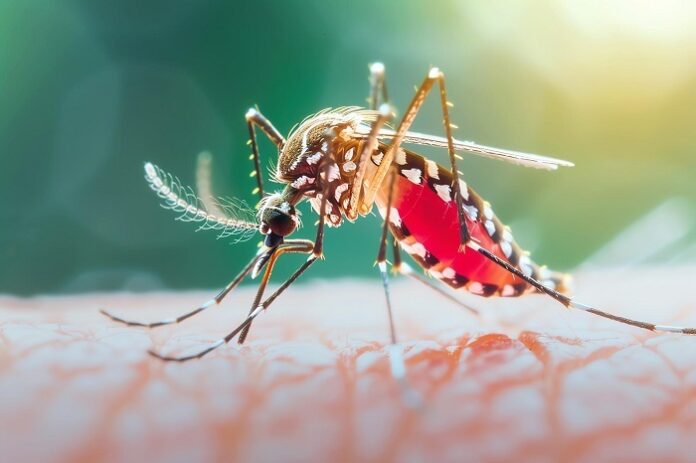A team of researchers from CSIR-Central Drug Research Institute (CDRI) has made significant strides toward developing an antimalarial vaccine, creating a novel whole-parasite vaccine that could revolutionize malaria prevention. Following successful animal trials, the team is now working on adapting the vaccine for human use.
Led by scientists Akancha Mishra, Plabita Paul, and Satish Mishra, the study was published in NPJ Vaccines. The vaccine, developed by deleting two genes—SCD and SCOT1—from the malaria parasite genome, works by weakening the parasite. This allows it to infect the liver, triggering immunity without progressing to the blood stage, where malaria symptoms manifest.
“This vaccine strain infects the liver but is arrested there, preventing it from causing blood-stage infection and malaria,” explained Satish Mishra. “It has achieved 100% efficacy in preclinical studies and has the potential to save millions of lives.”
As reported by timesofindia, the team plans to develop a similar vaccine targeting the human malaria parasite, Plasmodium falciparum, and assess its efficacy in clinical trials. The World Health Organization has emphasized the need for malaria vaccines that prevent over 90% of infections, a goal this vaccine could potentially achieve.
Currently, no existing malaria vaccine offers protection against both the liver and blood stages of the parasite, making this innovation a groundbreaking step in the fight against malaria.























